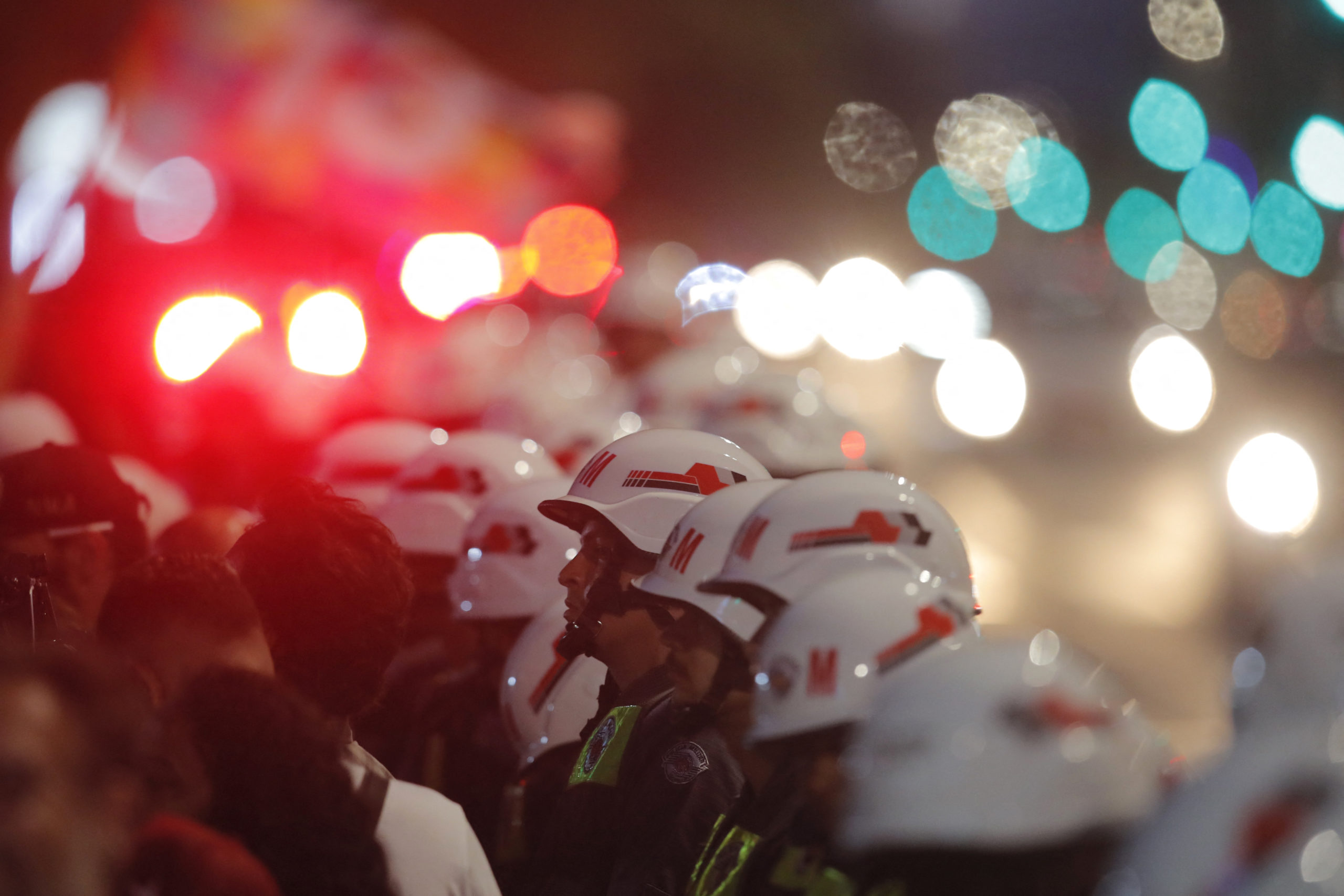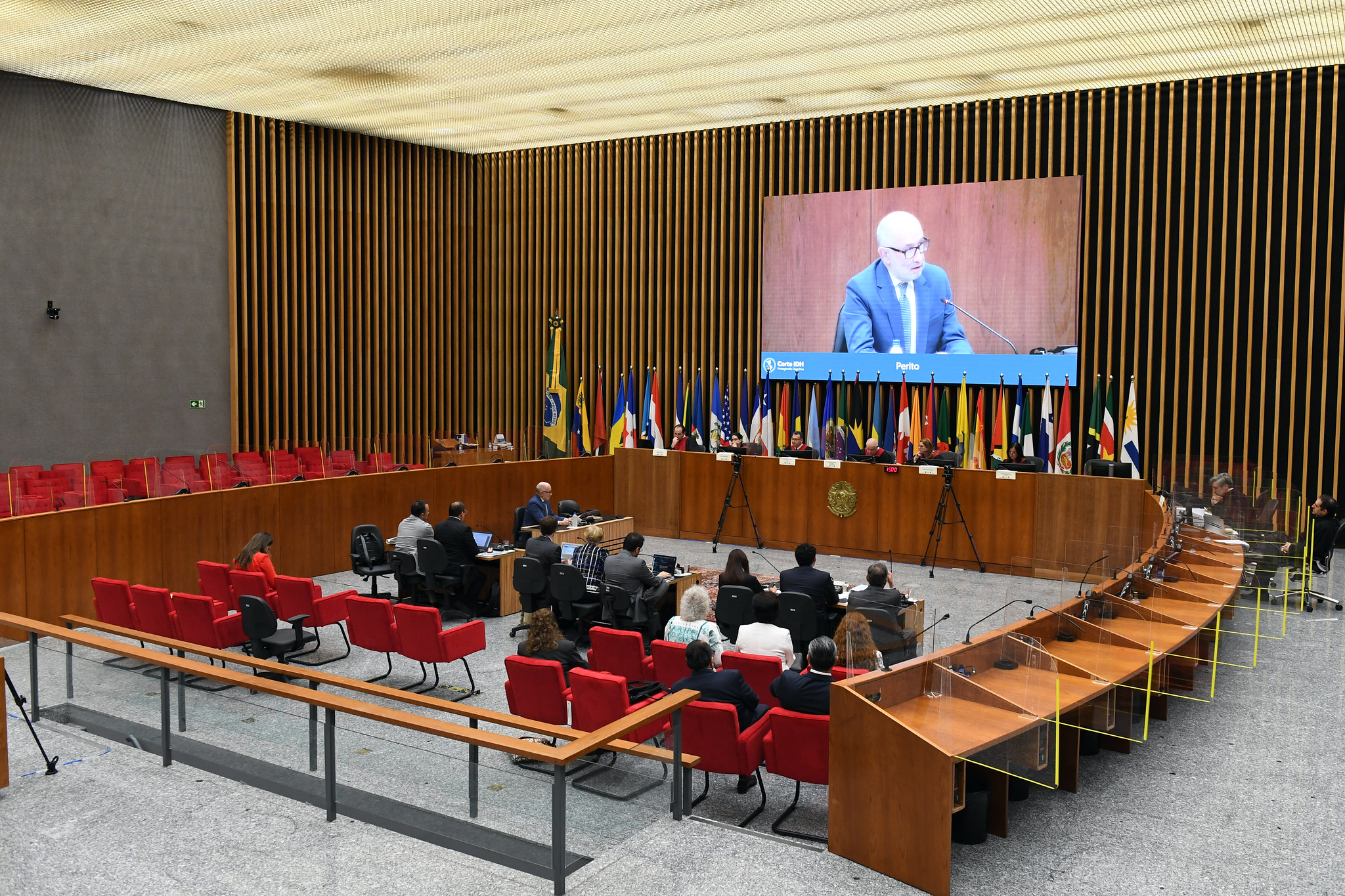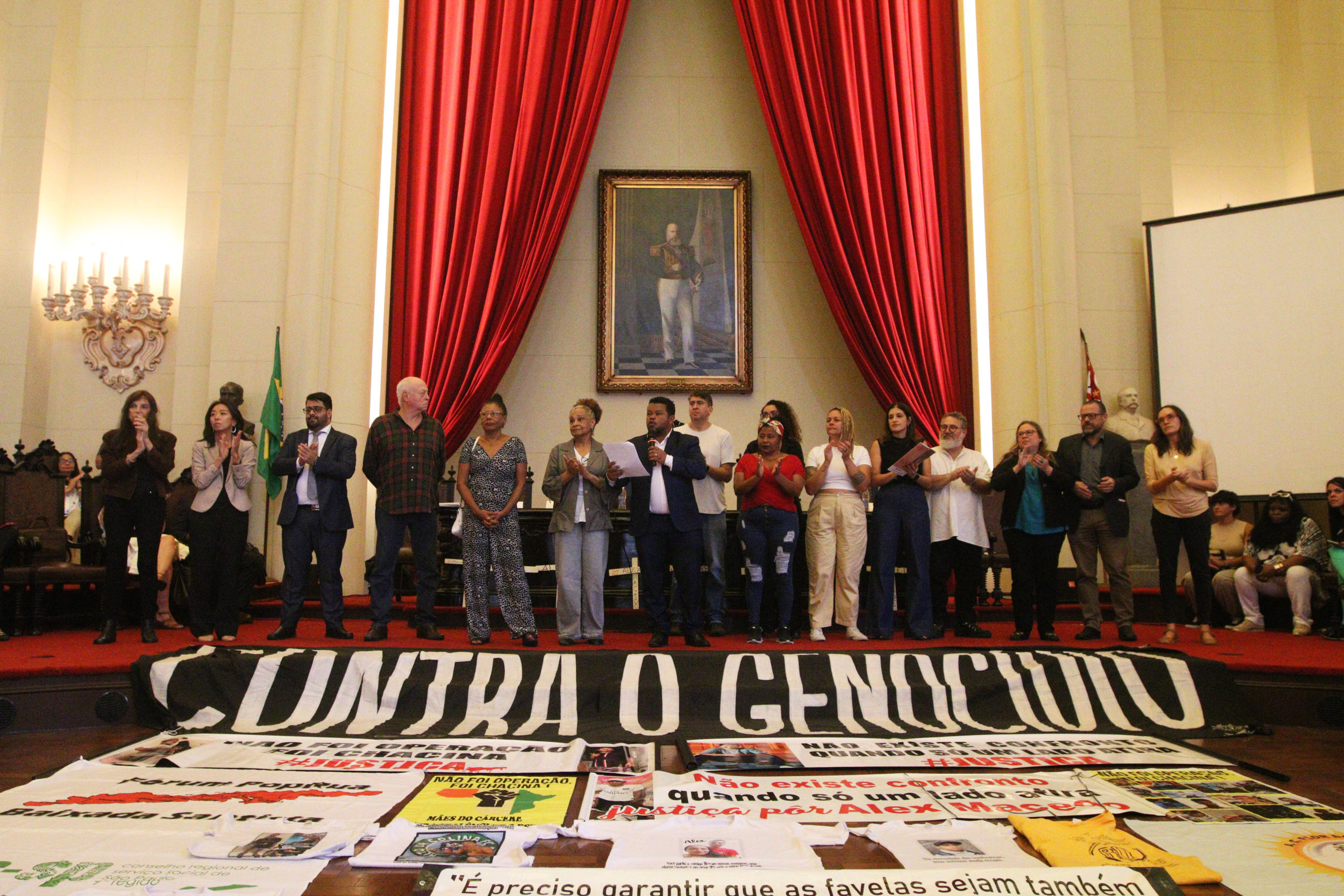Drugs on the agenda of the Supreme Court
NGOs present arguments against classifying small-time trafficking as a “heinous crime” and Justice Fachin decides to review his vote
The Supreme Court is set to resume its judgement of Habeas Corpus 118533, filed by the Federal Public Defender’s Office, which could classify what is known as “privileged trafficking”, in which the defendant is a first-time offender, has no criminal record and is not a member of a criminal gang, as a “heinous crime” carrying harsher penalties. In practice, an approval by the court would make it harder for people convicted for small-time trafficking to progress through their sentences, thereby keeping them in the prison system for longer.
The judgement was interrupted after a request for adjournment was made by Justice Edson Fachin, who had already voted in favor of the new classification. He decided to review his vote in light of the information presented in a memorial by Conectas, IBCCrim (Brazilian Criminal Sciences Institute) and IDDD (Defense of the Right to a Defense Institute). In the document, the organizations illustrated the impact that the classification would have on prison overcrowding and female incarceration.
Click here to read the memorial.

According to data from the Ministry of Justice from December 2014, 28% of the prison population are there for crimes related to drug trafficking. Among women, the rate rises to 64%.
Rafael Custódio, coordinator of the Justice program at Conectas, explained that these figures are high because the current law is used to treat users as dealers and to rule out alternative sentences. The main target of the law, he said, are young black men and women from the poor urban outskirts. Custódio also explained that the approval of the case by the Supreme Court would aggravate this situation of exclusion and vulnerability.“In addition to the explosive effect on overcrowding, since it would keep people in closed and semi-open prisons for longer, the case runs counter to the logic of the Drug Law itself, which recognizes that in these specific cases the response of the State should be less severe,” said Custódio.
He said it would be imprudent for the court to go against the course of international debate, in which alternative solutions to imprisonment for addressing the drug problem have been gaining ground. “Remember that this is the same court that is judging the decriminalization of drug possession for personal use,” he added, referring to the court’s analysis of Special Appeal No. 635.659, which began in August 2015 but was interrupted after Justice Teori Zavascki requested an adjournment. “It would be a historic setback perpetrated by the Supreme Court,” he said.
Besides Fachin, four justices have voted to classify privileged trafficking as a heinous crime. Three others have voted against. No date has been set to resume the judgement.


